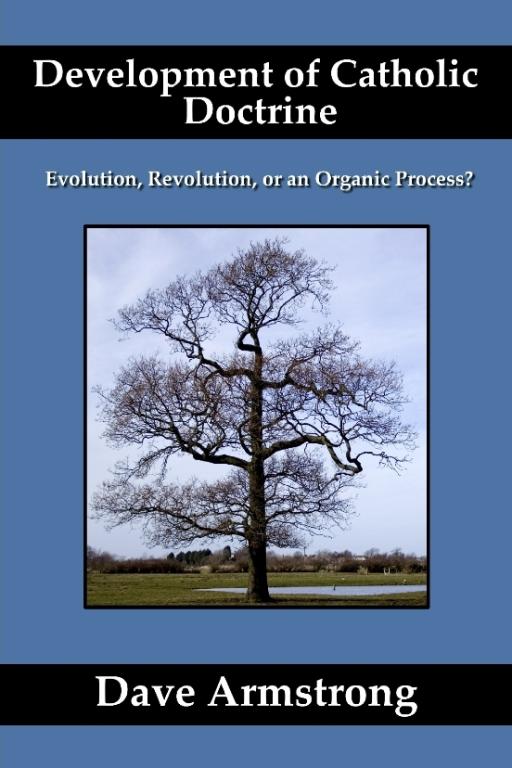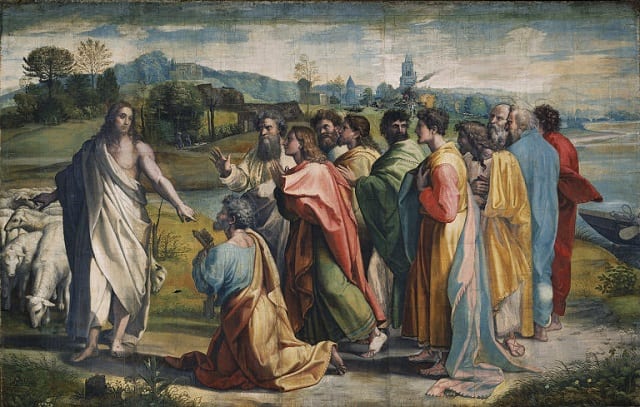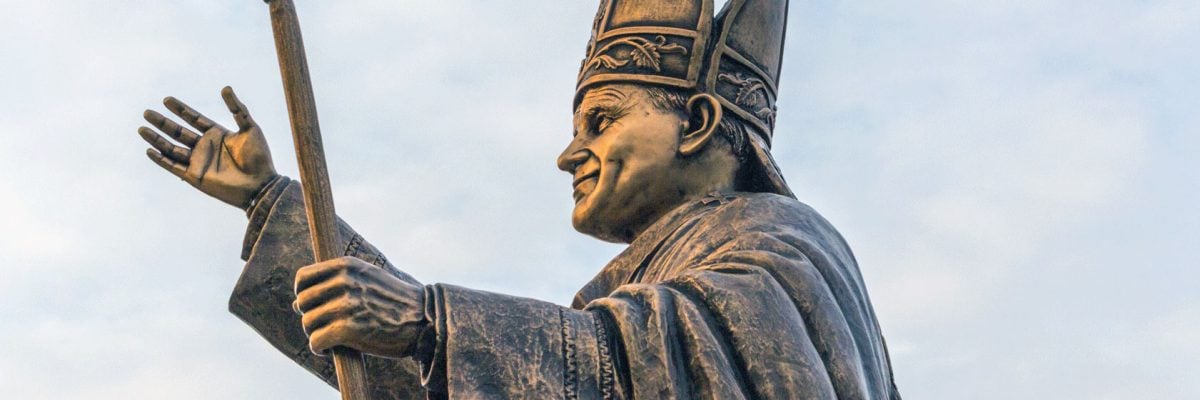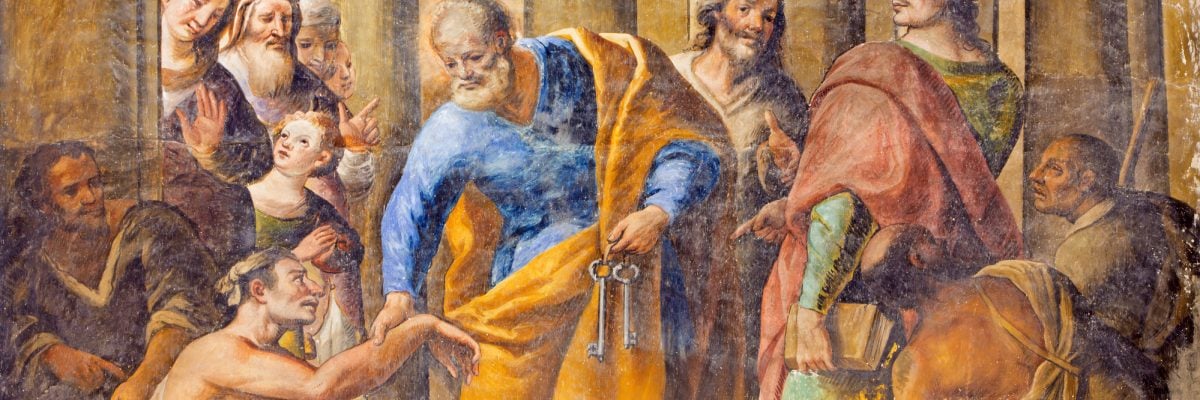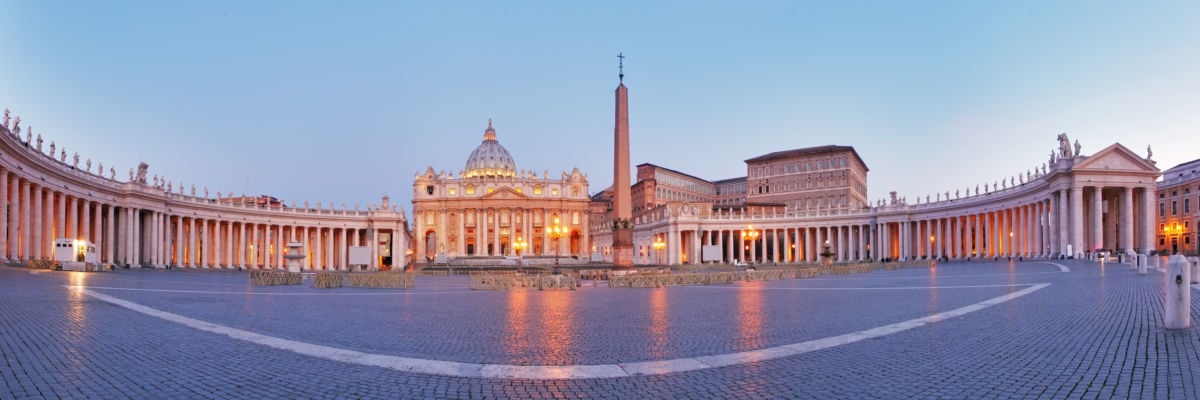As at best he only has a claim to be a bishop elected by a city as nowhere does Scripture state that the authority the Pope claims was passed on to him. Well, the authority of the Pope is not from scripture, but can be shown to be from another origin and authority. The College of Cardinals, with the Pope given authority at its head, is just the counterpart of the Pagan College of Pontiffs, with its "Pontifex Maximus," or "Sovereign Pontiff," which had existed in Rome from the earliest times, and which is known to have been framed on the model of the grand original Council of Pontiffs at Babylon.
The College of Pontiffs (Collegium Pontificum) came from the religion of the original Council of Pontiffs at Babylon, was then established in ancient Rome and the Pontifex Maximus (Latin, literally: "greatest pontiff") again established as the high priest of the pagan religion. This was the most important position in the ancient Roman religion as it had been in Babylon.
One of the things history show about the ascendancy of the papacy is that the church of Rome promotes the pope as the "Pontifex Maximus" or, Supreme Pontiff. The title Pontifex Maximus is mentioned numerous times by the early church fathers (particularly by Tertullian), but it was not applied to a Christian bishop. The early church fathers say that the Pontifex Maximus was the "King of Heathendom", the high priest of the pagan mystery religion of Rome. The Pontifex Maximus was an imperial office, usually held by the Emperor himself, which made one the "chief priest" of the Roman "state cult."
In 63 B.C., Julius Caesar had himself elected Supreme Pontiff and became emperor of Rome and vested the office of Roman emperor with the priestly powers and functions of the Babylonian Pontiff (Babylon Mystery Religion, p. 80). Augustus kept the tradition of the combined offices, and the title Pontifex Maximus was used by the Roman Caesars as illustrated on a Roman coin depicting the image of Augustus Caesar (27 B.C.-14 A.D.) with his title "Pont. Max.," which is an abbreviation of Pontifex Maximus. It is well known that Domitian required himself to be addressed as dominus et deus [';Lord and God']. (Hemer, The Letters to the Seven Churches of Asia in Their Local Setting, 85-86.) The Roman title "Pontifex Maximus" was rendered in Greek inscriptions and literature of the time as "#7936;#961;#967;#953;#949;#961;#949;#973;#962;". literally, "high priest or by a more literal translation and order of words as "#7936;#961;#967;#953;#949;#961;#949;#8058;#962; #956;#941;#947;#953;#963;#964;#959;#962;", literally, "greatest high priest".
Thus, the Roman emperors, like the preceding Babylonian emperors, now served as priests of Babylonian paganism, and bore the title Pontifex Maximus. One of the prominent features we find in Revelation is a prophetic picture of the revival of ancient Babylonian system of worship, and here we see a form which came into the center of the Empire. When Rome conquered the world, the sun worship of Mirthism and the Mystery Religions of ancient Babylon that had spread and developed in various nations, was merged into the religious system of Rome. The Roman emperors (including Constantine) continued to hold the office of Pontifex Maximus during this time. Constantine through he claimed to have been a Christian remained the pagan high priest the Supreme Pontiff, paid homage to the sun god on the official coinage and sought the support of the pagan masses and aristocracy of Rome. This signified a real claim to control the church as well as the state, and Constantine chaired the critical Church Council of Nicaea in 325. It was not until the Empire split in two, with the Western Empire going to Emperor Gratian in 360 AD, that he was persuaded to give up the position of the pagan high priest and return it to the bishop of Rome who was given the title Pontifex Maximus. Thus the title Pontifex Maximus can be traced in an unbroken line all the way to Babylon and its system of worship.
The College of Pontiffs (Collegium Pontificum) came from the religion of the original Council of Pontiffs at Babylon, was then established in ancient Rome and the Pontifex Maximus (Latin, literally: "greatest pontiff") again established as the high priest of the pagan religion. This was the most important position in the ancient Roman religion as it had been in Babylon.
One of the things history show about the ascendancy of the papacy is that the church of Rome promotes the pope as the "Pontifex Maximus" or, Supreme Pontiff. The title Pontifex Maximus is mentioned numerous times by the early church fathers (particularly by Tertullian), but it was not applied to a Christian bishop. The early church fathers say that the Pontifex Maximus was the "King of Heathendom", the high priest of the pagan mystery religion of Rome. The Pontifex Maximus was an imperial office, usually held by the Emperor himself, which made one the "chief priest" of the Roman "state cult."
In 63 B.C., Julius Caesar had himself elected Supreme Pontiff and became emperor of Rome and vested the office of Roman emperor with the priestly powers and functions of the Babylonian Pontiff (Babylon Mystery Religion, p. 80). Augustus kept the tradition of the combined offices, and the title Pontifex Maximus was used by the Roman Caesars as illustrated on a Roman coin depicting the image of Augustus Caesar (27 B.C.-14 A.D.) with his title "Pont. Max.," which is an abbreviation of Pontifex Maximus. It is well known that Domitian required himself to be addressed as dominus et deus [';Lord and God']. (Hemer, The Letters to the Seven Churches of Asia in Their Local Setting, 85-86.) The Roman title "Pontifex Maximus" was rendered in Greek inscriptions and literature of the time as "#7936;#961;#967;#953;#949;#961;#949;#973;#962;". literally, "high priest or by a more literal translation and order of words as "#7936;#961;#967;#953;#949;#961;#949;#8058;#962; #956;#941;#947;#953;#963;#964;#959;#962;", literally, "greatest high priest".
Thus, the Roman emperors, like the preceding Babylonian emperors, now served as priests of Babylonian paganism, and bore the title Pontifex Maximus. One of the prominent features we find in Revelation is a prophetic picture of the revival of ancient Babylonian system of worship, and here we see a form which came into the center of the Empire. When Rome conquered the world, the sun worship of Mirthism and the Mystery Religions of ancient Babylon that had spread and developed in various nations, was merged into the religious system of Rome. The Roman emperors (including Constantine) continued to hold the office of Pontifex Maximus during this time. Constantine through he claimed to have been a Christian remained the pagan high priest the Supreme Pontiff, paid homage to the sun god on the official coinage and sought the support of the pagan masses and aristocracy of Rome. This signified a real claim to control the church as well as the state, and Constantine chaired the critical Church Council of Nicaea in 325. It was not until the Empire split in two, with the Western Empire going to Emperor Gratian in 360 AD, that he was persuaded to give up the position of the pagan high priest and return it to the bishop of Rome who was given the title Pontifex Maximus. Thus the title Pontifex Maximus can be traced in an unbroken line all the way to Babylon and its system of worship.


